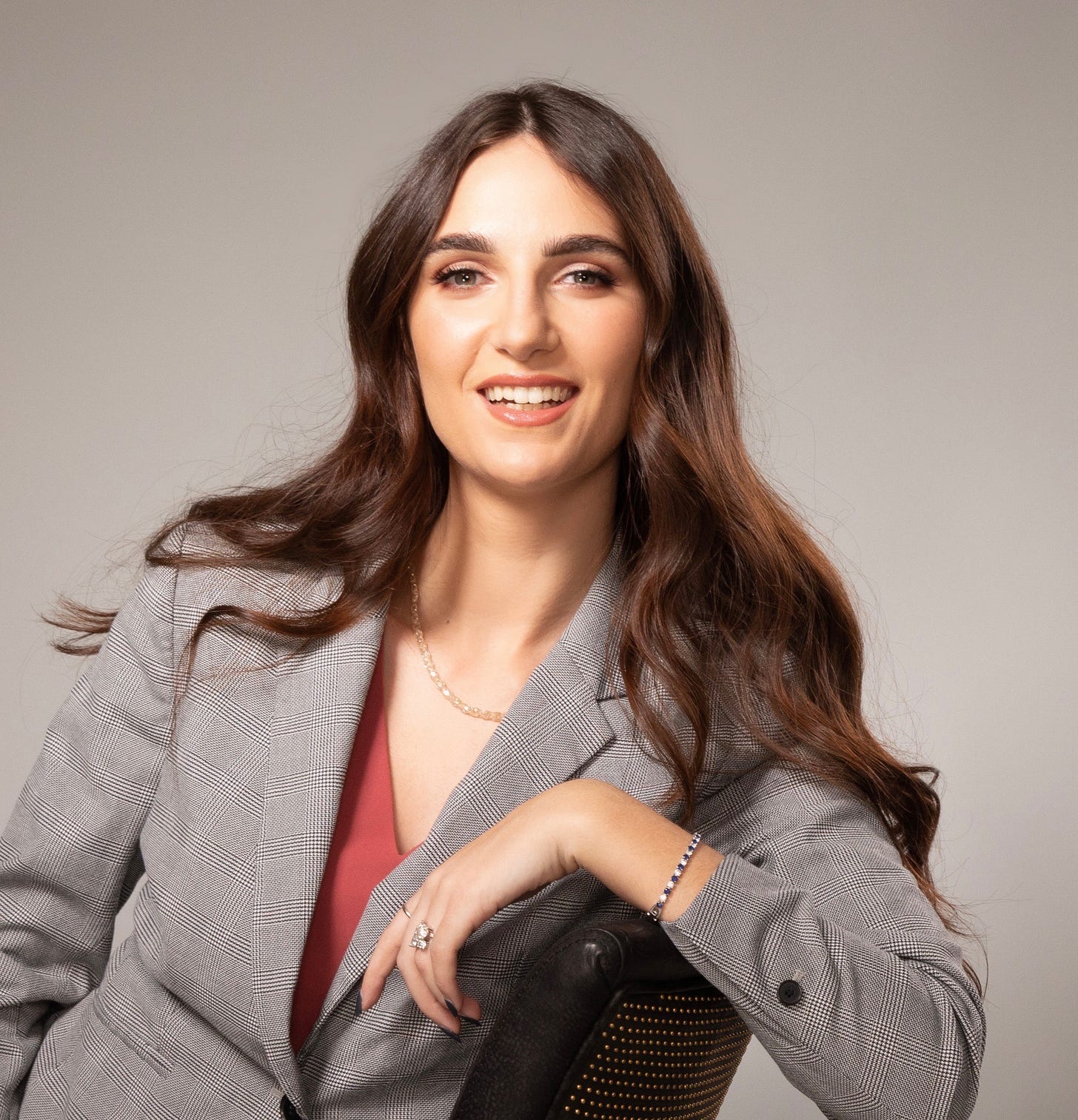Gen Z candidate challenges California Republican
Cheyenne Hunt specialized in digital policy protecting reproductive rights
Cheyenne Hunt remembered her grandmother withering away during the Coronavirus pandemic. She helped to take care of her while going to law school–occasionally thinking of dropping out because of the demanding responsibilities. She said it was the most challenging thing in her life. She felt abandoned in her personal life and by the government in charge.
“We were in a country where this pandemic was being questioned, and yet it was a reality and a very scary reality for her and for my family every single day,” Hunt said. “It was a direct threat to her life.”
Hunt, a 26-year-old, now hopes to unseat Republican congresswoman Michelle Steel in California’s 45th congressional district. She is one of the youngest candidates in the country running. The seat includes the communities of Garden Grove, Westminster, Cerritos, Fountain Valley, Buena Park, Fullerton, Placentia, and Brea. Hunt is one of several candidates vying for the position.
Hunt was the youngest law and policy clerk in the Senate Judiciary Committee under Sen. Amy Klobuchar. She also worked at Public Citizen, a consumer rights advocacy group founded by Ralph Nader. She focused on technology policy.
Hunt supports term limits for every branch of government. She thinks senators should serve for a total of two terms, Congress for three terms, and judges should serve for 15 years in total.
“For the judiciary, there's a balance there because you want folks to be insulated enough to be able to feel comfortable exercising in the interest of the law without being impacted by any other kind of influence,” Hunt said. “But at the same time, how long is too long before they're out of touch with the rest of the world?”
Term limits would profoundly impact abortion jurisprudence if it became a reality. It’s also something that would likely receive wider support from the public. According to recent polling, five in six Americans believe Congress should have term limits. As Hunt pointed out, judges need to feel less pressure from the public or a concern for their professional future in deciding cases.
Hunt has worked on reproductive issues. During her time at Public Citizen, she combatted misinformation surrounding abortion medication.
“I did a lot of campaigning around holding those tech giants accountable to the fact that abortion is healthcare,” Hunt said. “ For them to treat it any differently was inherently problematic. We need to make sure that women and girls are safe.”
One of the more interesting things we discussed was Republican presidential candidate Vivek Ramaswamy’s proposal to have a civics test for 18-24-year-olds to vote. That’s problematic in that it evokes the legacy of polling tests to decide whether or not someone had a say in who governed. A great exhibit showing how complex polling tests could be is at the EJI Museum in Selma, Alabama. Some of the elaborate questions asked of poor black people would not be able to be answered by white people, who weren’t required to answer them.
Hunt said she didn’t support that test. But she said that she felt more civics education should be within school systems and for the public. According to the National Assessment of Educational Progress (NAEP) civics assessment, only 25 percent of U.S. Students reach proficient status.
According to NEA Today, all 50 states require some form of civics and/or government instruction, and nearly 90 percent of students take at least one civics class. However, factual book learning is often not reinforced with experience-based learning opportunities like community service, guided debates, critical discussion of current events, and simulations of democratic processes.
“Education is key,” Hunt said. “I think that anything related to any kind of barrier to voting is inherently unconstitutional, and to explore it is antithetical to those principles of democracy. But I do think that, in general, we do have an epidemic of information illiteracy in this country. And we're seeing the price that we're paying for that misinformation.”




